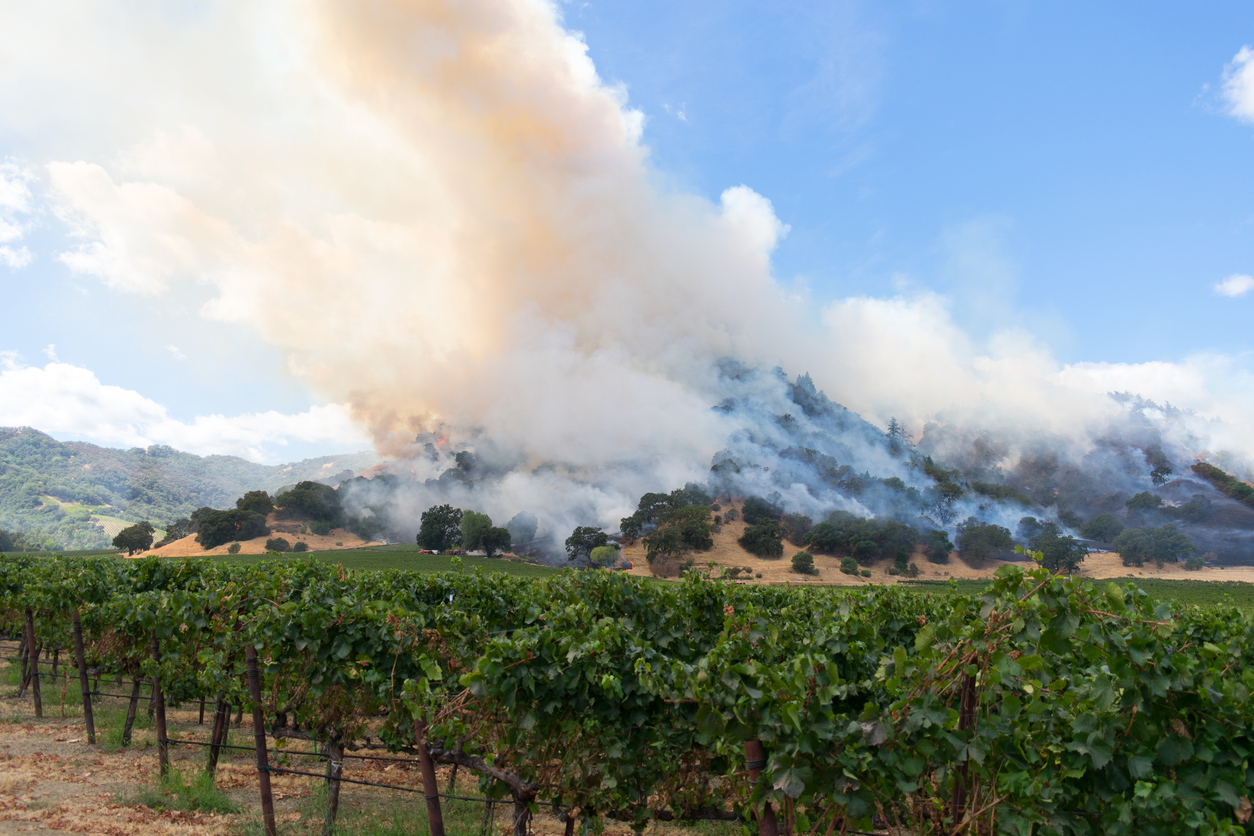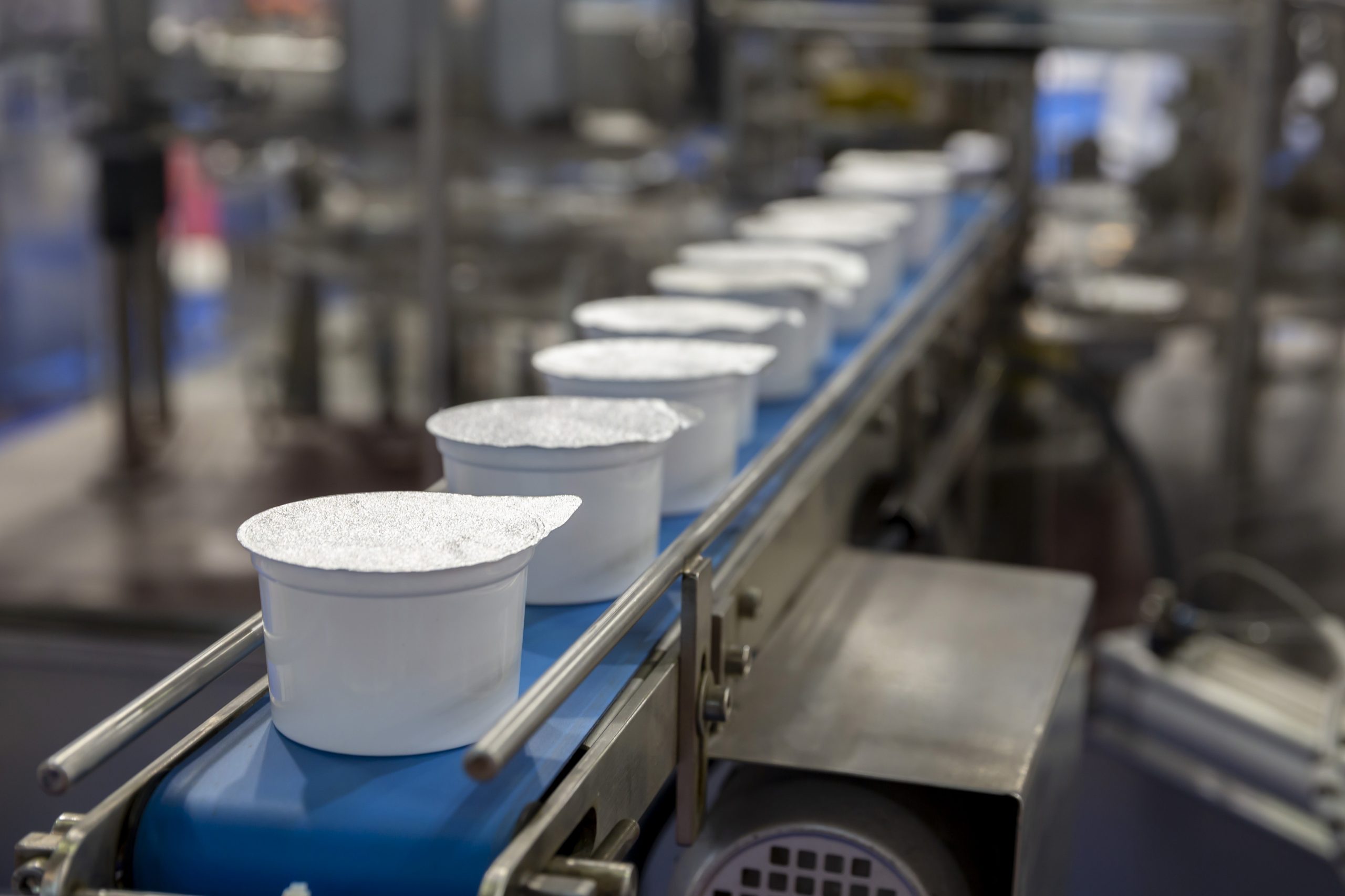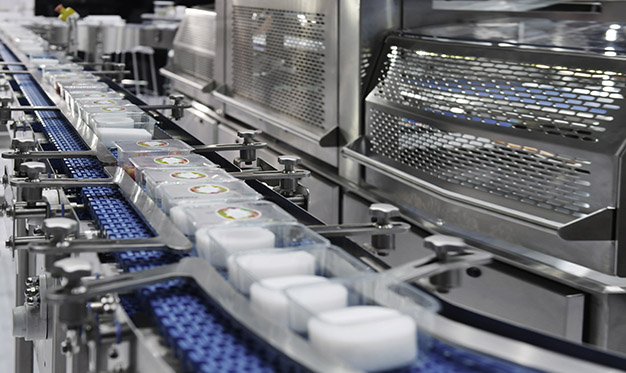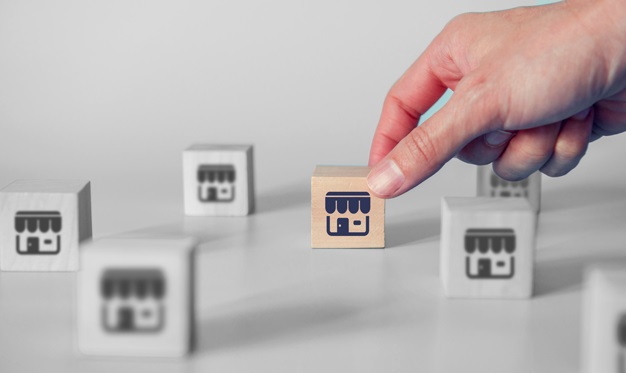Numerous large-scale product recalls have captured national, if not global, media attention. One example is the 2008 salmonella outbreak linked to products manufactured by the Peanut Corporation of America. This incident involved the recall of more than 4,000 products produced by over 200 different companies that used the contaminated product and resulted in a global reduction of peanut sales of more than 25%. Unfortunately, it also allegedly caused eight deaths, with hundreds more becoming ill. The estimated economic cost was well over US$1 billion, and it resulted in the eventual bankruptcy of the company involved and its CEO’s imprisonment [1].
A recent study from Allianz Global Corporate & Specialty (“AGCS”) stated that food and beverage recall claims had the second-highest average claim value, with an average value of US$1.55 million across industry sectors (automotive recalls are first at US$2.5 million) [2]. Although actual losses can be significantly more than this, this ranking is consistent with similar studies done by others.
What is not as widely publicised is that food recalls are regularly occurring. Between April and June 2021, fourteen food and beverage-related product recalls happened in Australia. These products included wine, chocolate confectionery, snacks, breakfast cereal, ice cream, and meat products [3].
The below graph from a study of food and beverage recalls conducted by the Food Standards Australia New Zealand (“FSANZ”) shows that the number of recalls has risen steadily over a ten-year period [4].
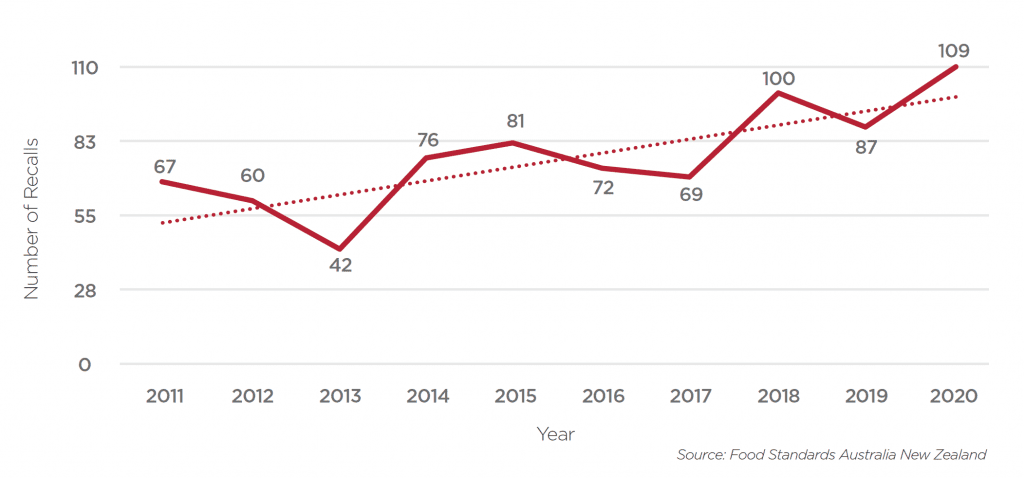
Elsewhere, reports show that the number and value of food recalls in the USA has doubled over the past decade, with some years showing a +20% year–on–year increase [5]. It is important to note that only a small percentage of these incidents resulted in any suspected or confirmed cases of illness or injury, with the food businesses themselves initiating most as a precautionary measure to remove potentially unsafe food from distribution and sale.
The FSANZ classifies food recalls by the reason for the recall; these include:
- Microbial Contamination
- Labelling
- Foreign Matter
- Chemical / other contaminants
- Undeclared allergen
- Biotoxin
- Other
The 2011 – 2020 annual recalls are broken down into these categories as set out below.
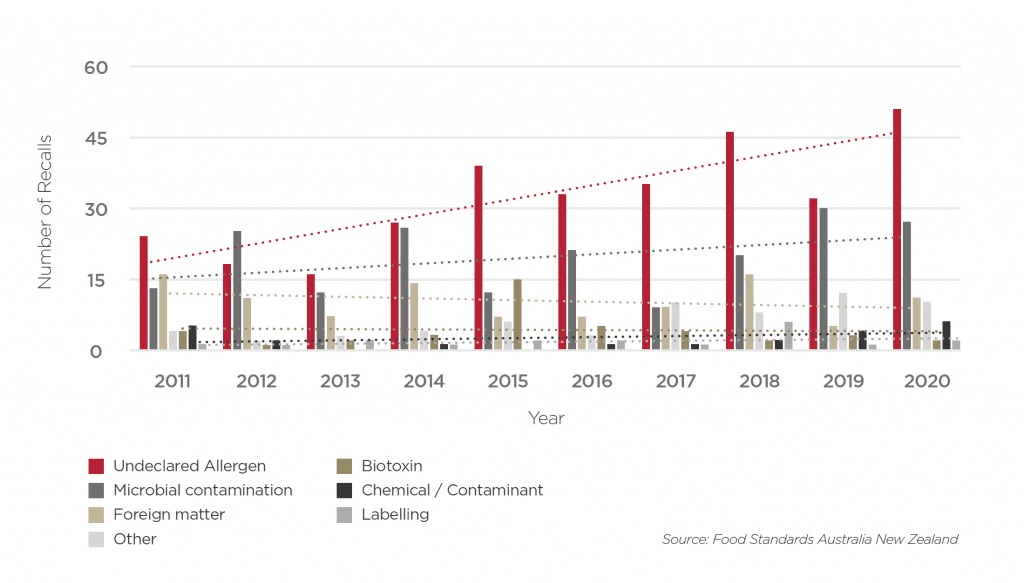
We can observe this continuing trend in the limited 3-month study from April 2021 to June 2021, where nine of the fourteen recalls were due to undeclared allergens, with the source of these allergens being mainly milk, nuts, and glutens [6].
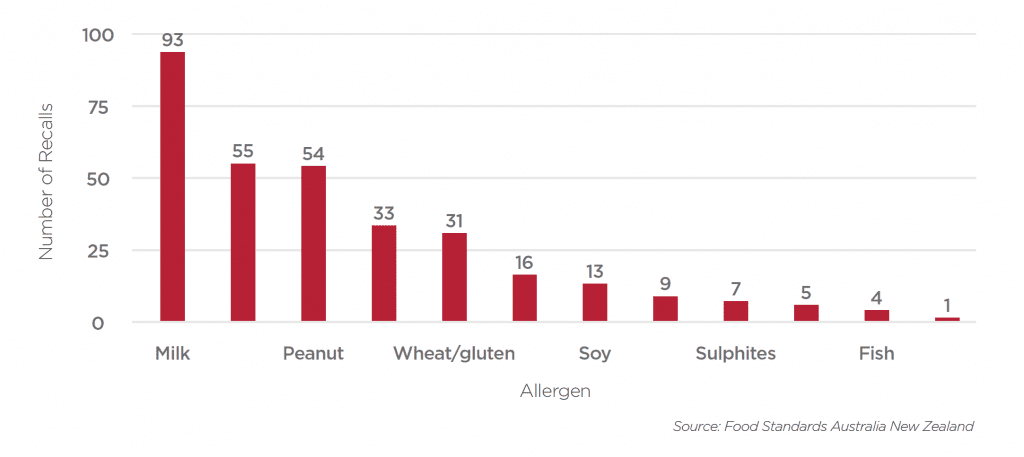
Drivers of these trends
The AGCS study also identified several factors as the key drivers to these trends, both in respect of the number of recalls and the underlying cause [7].
New Recall Triggers
Triggers are probably responsible for the marked increase in undeclared allergen cases. While the accidental inclusion or cross-contamination of a growing number of allergens during the manufacturing process is often the root cause of the product recall, the incidences of environmental contamination from toxins and other sources such as micro and nano–plastics are also an increasing consideration.
Increased Consumer Safety Legislation
There has been a significant increase in consumer safety legislation over the past ten years, such as the Food Safety Modernisation Act in the USA. One example is the 60% increase in food and beverage recalls involving mislabelled allergens in 2016, which followed new EU legislation.
Increased Corporatisation and Globalisation
Companies are getting larger, more diversified, and have a more extensive global reach. This means that a single source of product contamination and raw ingredients, in particular, can cause a ripple effect across different products that share this ingredient.
Furthermore, when the product is distributed worldwide, a contamination source in one country can have a global impact. For example, MDD worked on a case involving potentially contaminated berries from China that resulted in a significant recall of frozen fruit products in Australia and New Zealand.
Growth of Food Fraud
Often due to economic pressures, food fraud is the intentional mixing or substitution of other products to gain an advantage. An example is the 2008/2009 milk powder scandal in China where manufacturers illegally added melamine to restore protein levels in watered-down milk. This fraud resulted in the bankruptcy of a major dairy company and the imprisonment of senior management.
Increase in Non-Safety Recalls
There has been a growing increase in recalls where the product is recalled for reasons other than consumer safety. Reasons may include cultural, religious, or ethical considerations and are usually the result of companies wanting to protect their reputation if, for example, a product uses unethical production means such as slave and child labour or factory farming. These issues can come to light via the increasing number of documentaries exposing these practises.
How MDD Can Help
The increasing trends in local, national, and international food and beverage recalls show no signs of abating and will continue to be part and parcel of our society. Furthermore, these recalls are growing more complex and are also costly for the affected business. Often, the most significant element of the loss involves the consequential losses, both for the first party and their potential liability to third parties.
With a global footprint and considerable product recall expertise, MDD can help insurers, lawyers, and adjusters efficiently quantify the impact of these events. To learn more about how we can help, please get in touch with a member of our Product Recall team today.
The statements or comments contained within this article are based on the author’s own knowledge and experience and do not necessarily represent those of the firm, other partners, our clients, or other business partners.



